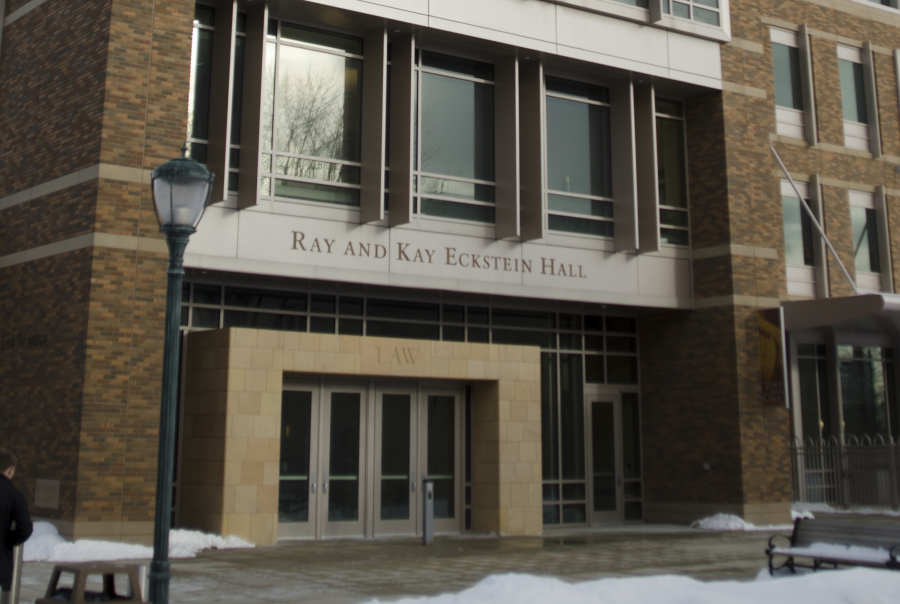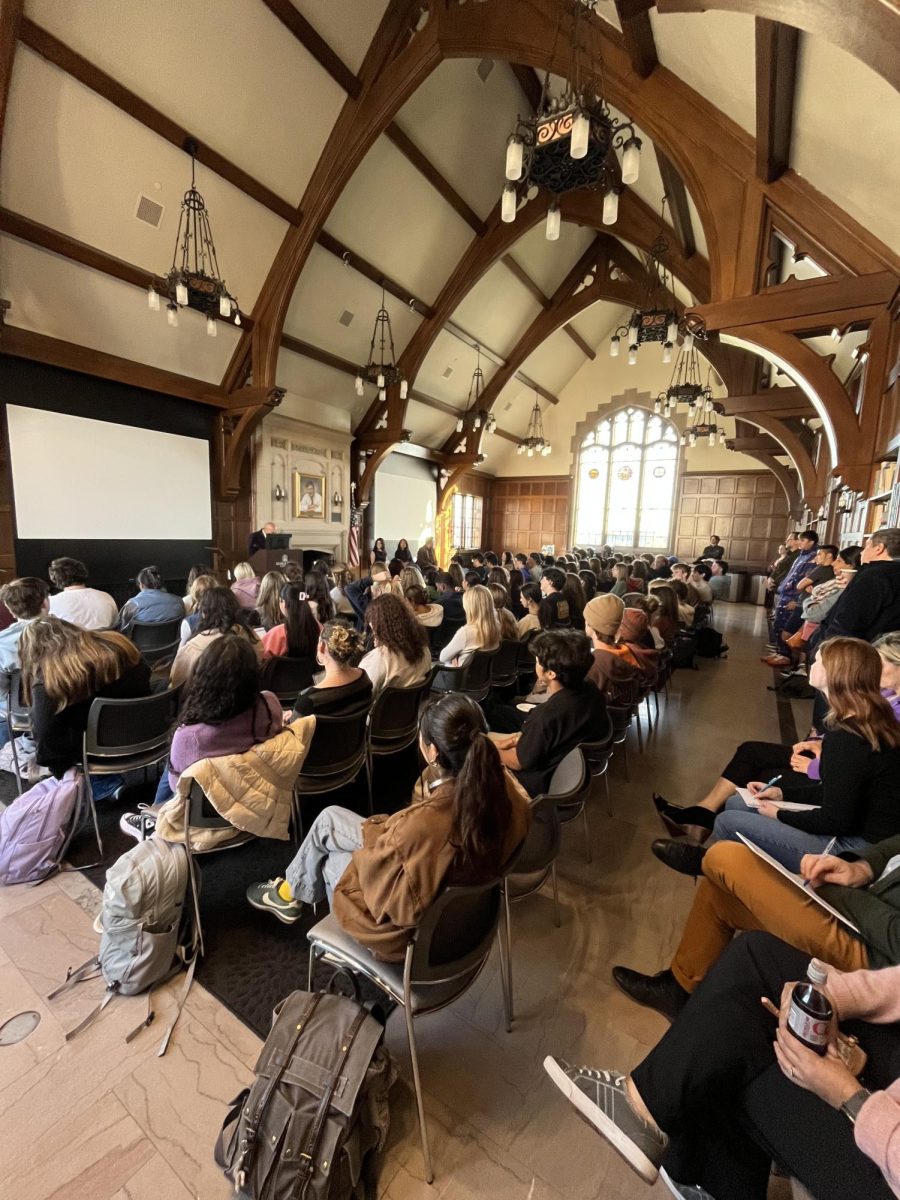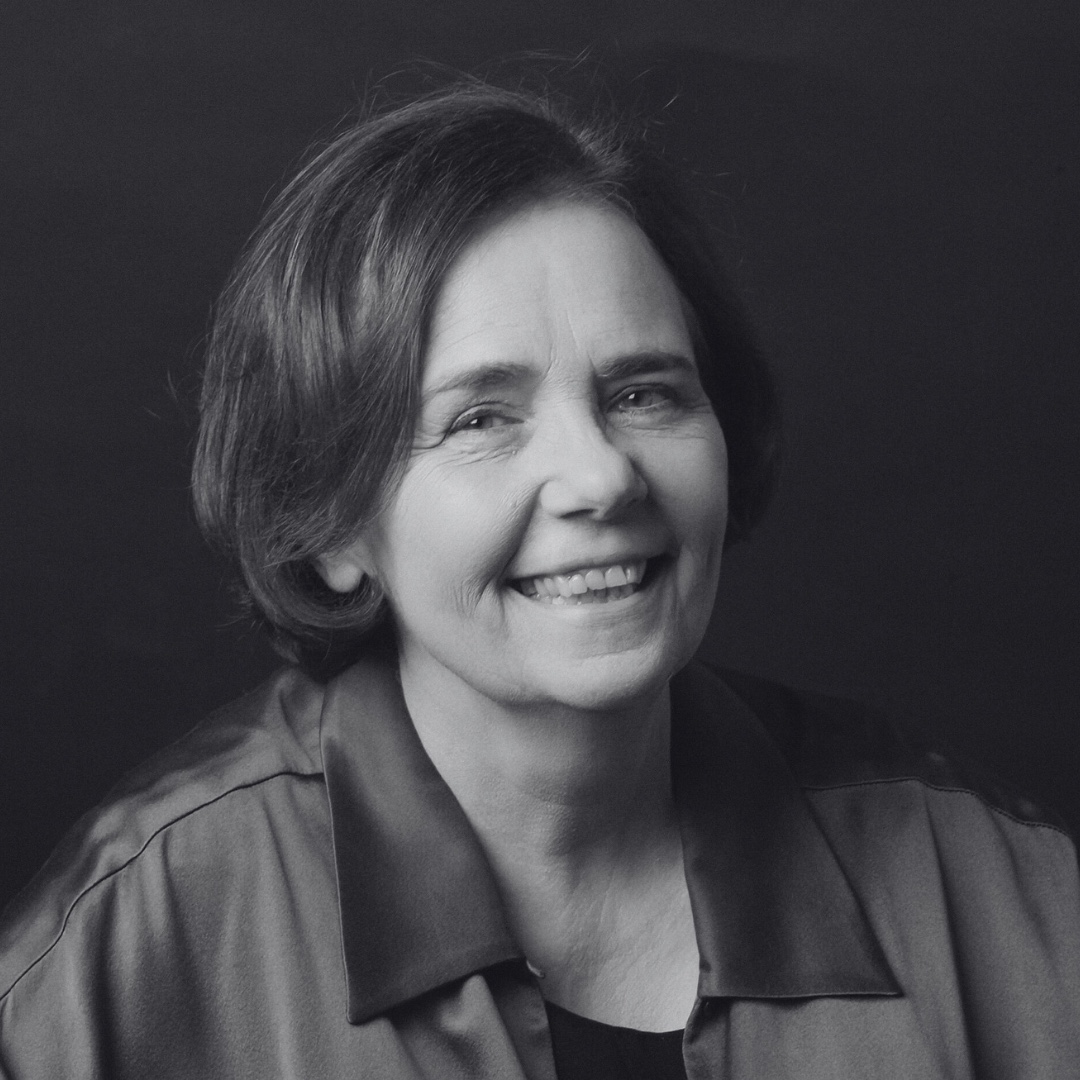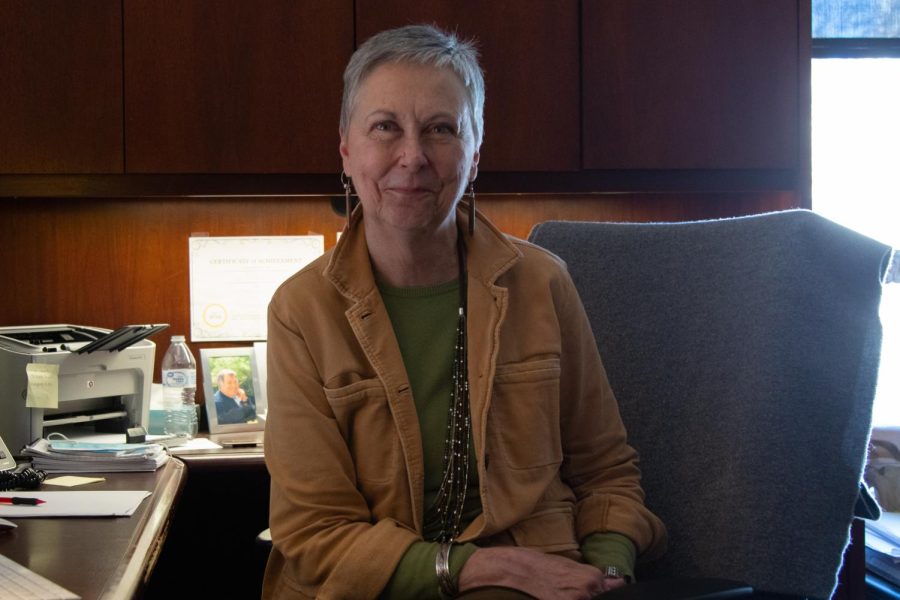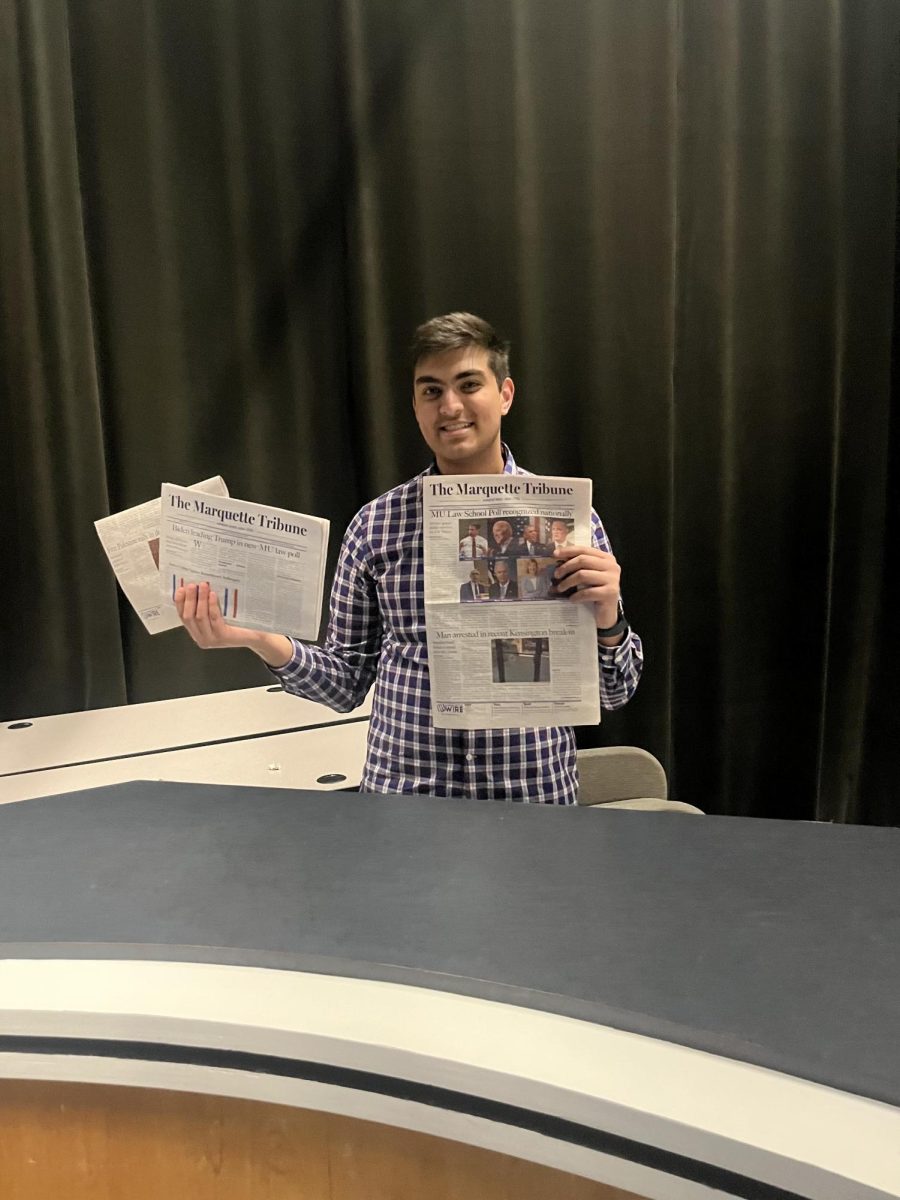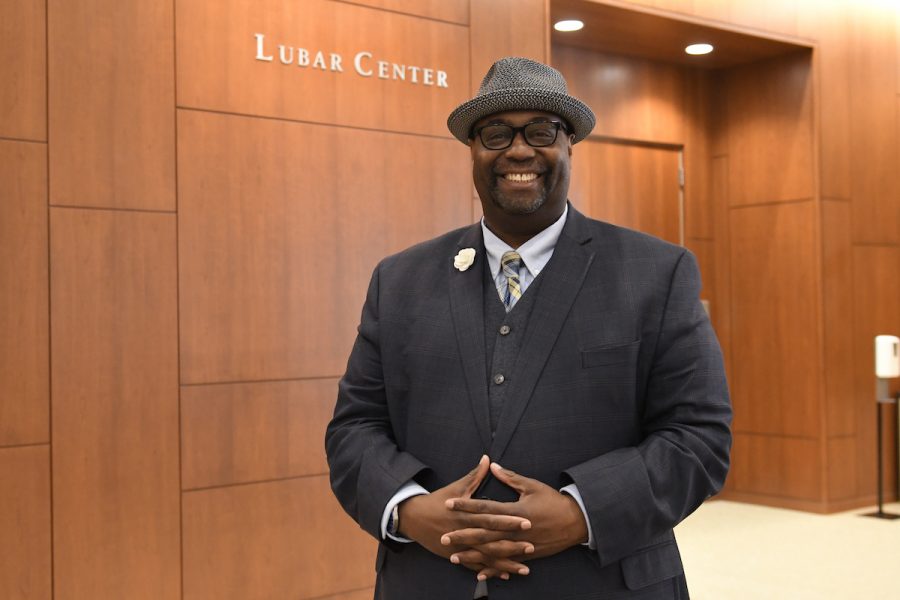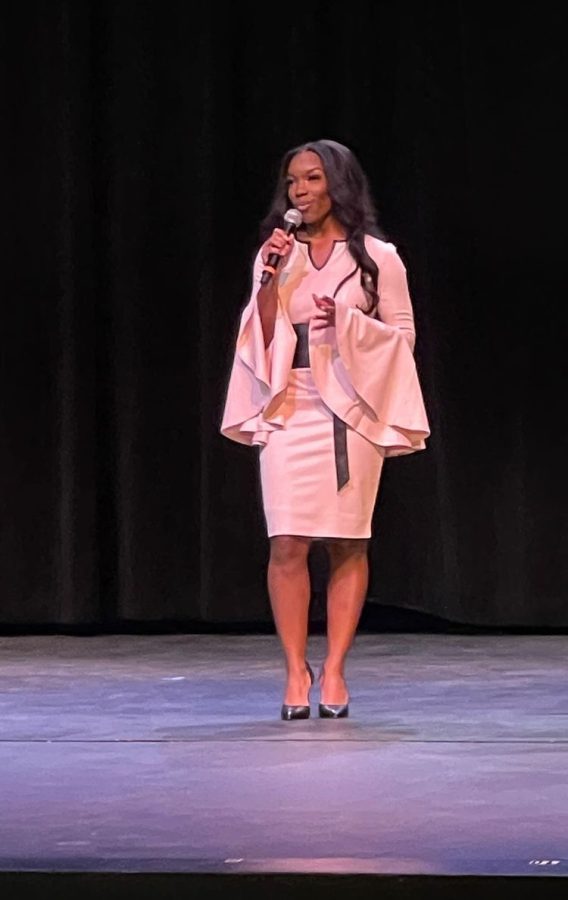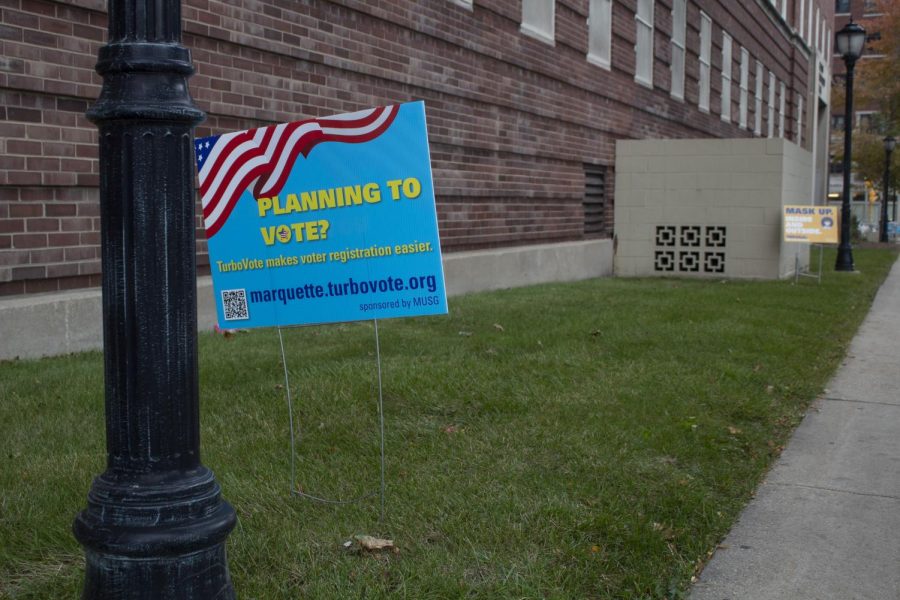When I was a senior in high school, an editor at the Baltimore Sun Media Group gave me some simple advice when I told him I wanted to study journalism: “Don’t.”
Now, as I begin the process of applying to law school, I am receiving the same advice from friends and family.
They point to falling employment rates, rising costs and lower admission standards at many of the country’s best law schools. Many graduates who find work after law school do not find it at a law firm.
Last week a Thomas Jefferson University Law graduate lost a lawsuit against her alma mater, claiming that the university misled her with inaccurate employment statistics. There have been a number of similar cases over the last five years.
Two months ago the Marquette Wire broke a story on Marquette University Law School’s misleading bar exam passage statistics. If law school is really a safe investment, why do many feel obligated to pad their stats?
I hear the same euphemisms and truisms from lawyers that I once heard from journalists and professors: the industry is changing, technology will create more jobs, there will always be jobs for people who can write. These statements are usually meaningless or unsupported. They seek to reassure the speaker more than the listener.
Just as I chose to ignore the editor’s well-intentioned advice when I enrolled at Marquette, I am choosing to ignore the advice of my friends, family and perhaps common sense.
Law school is hard. The workload is enormous and the material is difficult to understand. This is precisely what attracts me to it. Many look at the work coupled with tuition and lower employment prospects and shudder.
I may never become a lawyer; in fact, I probably won’t. Instead, I hope to use law school as a chance to develop critical thinking, research and leadership skills as I continue to become a better writer.
Despite the pessimism surrounding law school the Juris Doctor is still among the most marketable degrees. What’s more, many students utilize dual degree programs to earn a master’s degree at the same time.
My situation is unique – unlike many at this university, I will not graduate next spring encumbered with tens of thousands of dollars of student loans. This gives me a greater degree of freedom than most.
This is also the problem with the current educational model. Students rack up tens, if not hundreds of thousands, of dollars in debt with the expectation of a high-paying career after at least seven years of higher education. This is no longer reality.
A promising innovation, the two-year law degree program, made it cheaper and more convenient to earn a JD. Even President Obama endorsed it saying “the third year, (students would) be better off clerking or practicing in a firm even if they weren’t getting paid that much.” Northwestern University’s Law School, one of the early adopters of this program, ended their experiment with a two-year degree program at the end of last year citing low enrollment.
Like newspapers, law schools need to adapt or die. Just as many papers have folded, many law schools are closing their doors. If tuition does not get cheaper, fewer law schools will survive long term.
The decision to attend law school should be predicated on the willingness to learn, not the willingness to go into debt.

